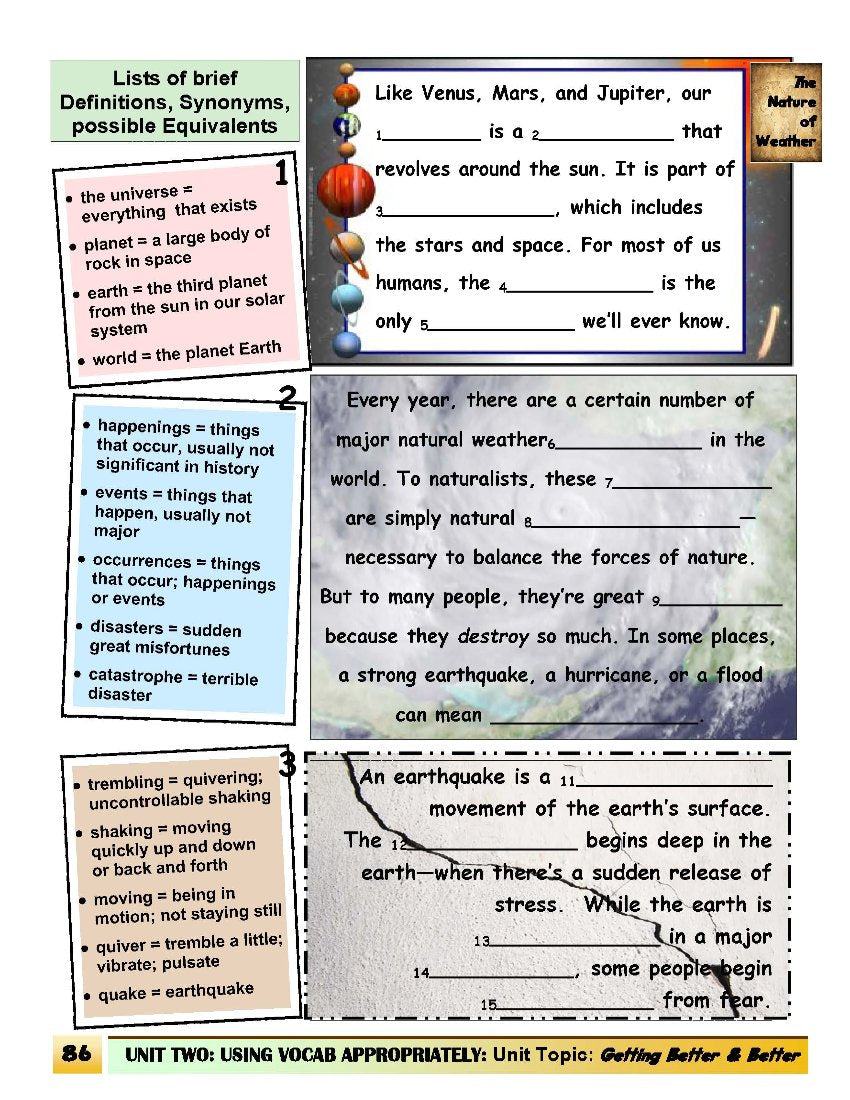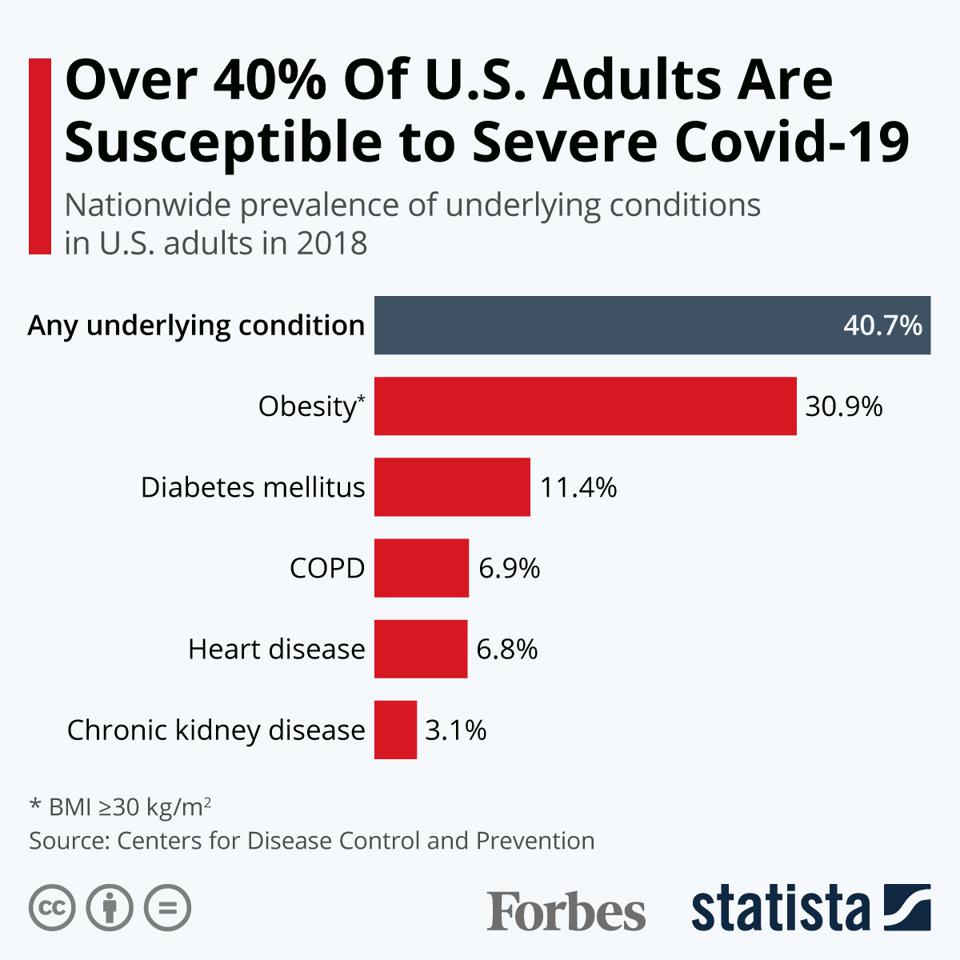
For your health and well-being, a healthy lifestyle can make a difference in the quality and length of your life. Developing positive habits will keep you in better health and reduce the risk of chronic disease. Proper nutrition and a healthy diet will help you maintain a healthy weight. There are many resources that can help you improve your overall wellbeing, such as books, brochures, and audio relaxation cassettes. You will feel happier and more productive if you have a healthy body.
Living healthy is all about eating well. You will be able to maintain a healthy lifestyle by focusing on high-quality, nutritious foods. Contrary to conventional treatments, this program will look at you as an individual and address both internal and external factors which may lead to disease. This will allow you to improve your overall health, and reduce the likelihood of getting chronic diseases.

A healthy lifestyle starts with small changes, such as taking more steps each day, adding fruit to your breakfast, and drinking more water. Even something as simple and as easy as not eating second-hand potatoes can make a difference. It's better to start small, and work your way up to a healthier lifestyle. Even if you don't feel motivated to change your routine, you can still improve your daily life by adopting new healthy habits. It is always better to take small steps at a time. This will help you in the long-term.
Healthy lifestyles are important for your body and mind's long-term well-being. Studies show that a healthy lifestyle is associated with a lower risk of certain illnesses, such as diabetes and heart disease. It can also improve the quality of family relationships. People who have a healthy lifestyle tend to live longer. You can reap many health benefits from a healthy lifestyle. You will be happier, healthier, and more fulfilled. You'll feel confident in your favorite jeans and not be embarrassed about it.
The most effective way to live healthy is to eat more fruits and vegetables. The World Health Organization defines healthy eating as eating more fruits, vegetables, and less meat than those who do not. The World Health Organization further defines lifestyle as a combination or values, attitudes, and environments. Being healthy is all about making good choices. Balance is key to a healthy lifestyle. You must eat enough vegetables every day to achieve this.

Living a healthy lifestyle means eating foods and activities that promote brain growth. This will help you stay physically fit and will reduce the risk of diabetes. You will be able to sleep better if you do this. By eating healthy foods, you'll be able to enjoy life. Living a healthy lifestyle can help you maintain a healthy weight and give you more energy. It will also prolong your life. Emotional health, however, is equally important. High stress levels can lead to increased likelihood of smoking, drinking alcohol, and arguing with others. Yoga and meditation are important to your physical health.
FAQ
Here are five ways to lead a healthy lifestyle.
A healthy lifestyle means eating right, being active, getting enough sleep, managing your stress levels, and having fun. Good eating habits include avoiding processed foods, sugar, unhealthy fats, and avoiding junk food. Exercise can help you burn calories and strengthen your muscles. You can improve your memory and concentration by getting enough sleep. Stress management helps reduce anxiety and depression. Fun keeps us vibrant and young.
What is the difference between a calorie or a kilocalorie.
Calories refer to units that are used for measuring the energy in food. Calories is the unit of measurement. One calorie represents the energy required to raise one gram of water's temperature by one degree Celsius.
Kilocalories are another way to describe calories. Kilocalories are expressed in thousandths (or a calorie). 1000 calories are equal to one kilocalorie.
What is the difference among a virus or a bacterium and what are their differences?
A virus is a microscopic organism that cannot reproduce outside its host cell. A bacterium is a single-celled organism that reproduces by splitting itself in two. Viruses are small, around 20 nanometers in size. Bacteria are much larger, at 1 micron.
Viruses can be spread by contact with bodily fluids containing infected substances, such as saliva, urine and semen. Bacteria can be spread by direct contact with infected objects and surfaces.
Viruses can get into our bodies through cuts and scrapes on the skin, bites, and other injuries. They may also enter through the nose, mouth, eyes, ears, vagina, rectum , or anus.
Bacteria can enter our bodies through wounds, cuts, scrapes, burns, insect stings, or other breaks in our skin. They can also get into our bodies via food, water or soil.
Both bacteria and viruses cause illness. Viruses cannot multiply in their host cells. They infect only living cells, causing illness.
Bacteria can cause illness by multiplying in the body. They can even invade other parts of the body. That's why we need antibiotics to kill them.
Why does our weight change as we get older?
How can you tell if your bodyweight has changed?
Weight loss happens when there is less muscle mass and more fat. This means that you must consume more calories than you use daily. A decreased level of activity is the main cause of weight loss. Other reasons include poor eating habits, stress, hormone imbalances, certain medications and illness. A person who has more fat than their muscle mass will experience weight gain. It occurs when people consume more calories per day than they need. Overeating, increased physical activity and hormonal changes are all common reasons.
Our bodies lose weight because we eat fewer calories than we burn. Exercise regularly increases your metabolism rate, which allows you to burn more calories every day. This does not necessarily mean that we will get thinner. What is more important is whether or not our body is losing or gaining weight. Weight loss is possible if you burn more calories than you consume. If we consume more calories that we burn, we are actually storing them in fat.
As we age we tend to be slower in moving and thus we don't move nearly as much. We also tend eat less than we used to. Therefore, we tend to put on weight. We also tend to look larger because we have more muscle.
If you don't weigh yourself every week, it's impossible to determine how much weight has been lost. There are many different ways to measure your weight. You can also measure your waist, hips or thighs. Some people prefer to use a bathroom scale while others prefer to measure with tape.
Track your progress by measuring your waistline and weighing yourself every week. To track your progress, you can also take photos every few months of yourself to see how far it has come.
Online, you can find out your height and weight. If you are 5'10" tall, and you weigh 180 lbs, then you would probably weigh 180 lbs.
Is it possible to have a weak immune system due to being cold?
It's been said that there are two kinds of people in the world; those who love winter and those who hate it. It doesn't really matter whether you love winter or loathe it. You might be wondering why it makes you miserable.
The answer lies in the fact that our bodies are designed to function best during warm weather. Our bodies were designed to thrive in hot weather because this is where the majority of our food sources are.
But now we live in an environment that is very different from how our ancestors lived. We spend much more time indoors, often exposed to extreme temperatures (cold and heat), and we eat foods that are processed rather than fresh.
This means that our bodies aren’t used to these extremes. It means that when we do go outdoors, we are often tired, sluggish or even sick.
These effects can be reversed, however. The best way to avoid these problems is to ensure that your body stays hydrated throughout the day. You can help flush toxins out of your body by drinking plenty of water.
Another important step is to ensure that you're eating healthy meals. Eating nutritious foods helps your body maintain its optimal temperature. This is especially important for those who spend long periods inside.
Take a few minutes every morning to meditate. Meditation helps you relax your mind and body, which makes it easier to deal with stress and illness.
Statistics
- nutrients.[17]X Research sourceWhole grains to try include: 100% whole wheat pasta and bread, brown rice, whole grain oats, farro, millet, quinoa, and barley. (wikihow.com)
- According to the 2020 Dietary Guidelines for Americans, a balanced diet high in fruits and vegetables, lean protein, low-fat dairy and whole grains is needed for optimal energy. (mayoclinichealthsystem.org)
- The Dietary Guidelines for Americans recommend keeping added sugar intake below 10% of your daily calorie intake, while the World Health Organization recommends slashing added sugars to 5% or less of your daily calories for optimal health (59Trusted (healthline.com)
- Extra virgin olive oil may benefit heart health, as people who consume it have a lower risk for dying from heart attacks and strokes according to some evidence (57Trusted Source (healthline.com)
External Links
How To
How to Keep Your Body Healthy
This project was designed to offer some helpful suggestions to help you keep your body in good health. The first step towards maintaining health is to understand what you should do to maintain your health. This meant that we had to determine what is healthy for our bodies. After looking at various ways people can improve their health, we discovered that there are many options that could be of help to us. Finally, we came up with some tips that would help us stay healthier and happier.
We started by looking at different kinds of food. We learned that certain foods can be harmful to our health while others are beneficial. Sugar, for example, is known to be very unhealthy as it can lead to weight gain. On the other hand, fruits and vegetables are good for us because they contain vitamins and minerals that are essential for our bodies.
Next, we discussed exercise. Exercise can help our bodies become stronger and give them more energy. Exercise also makes us happier. There are many exercises you can do. You can do many things like running, swimming, dancing and lifting weights. Yoga is another great way to build strength. Yoga can be a great exercise as it increases flexibility, improves breathing and is an excellent way to increase strength. It is important to avoid junk food, and drink lots of water, if we wish to lose weight.
Let's talk about sleep. Sleep is one the most important things we do each day. Insufficient sleep can cause fatigue and stress. This can cause problems like back pain, depression, heart disease and diabetes as well as obesity. It is essential that we get sufficient sleep in order to keep our health good.